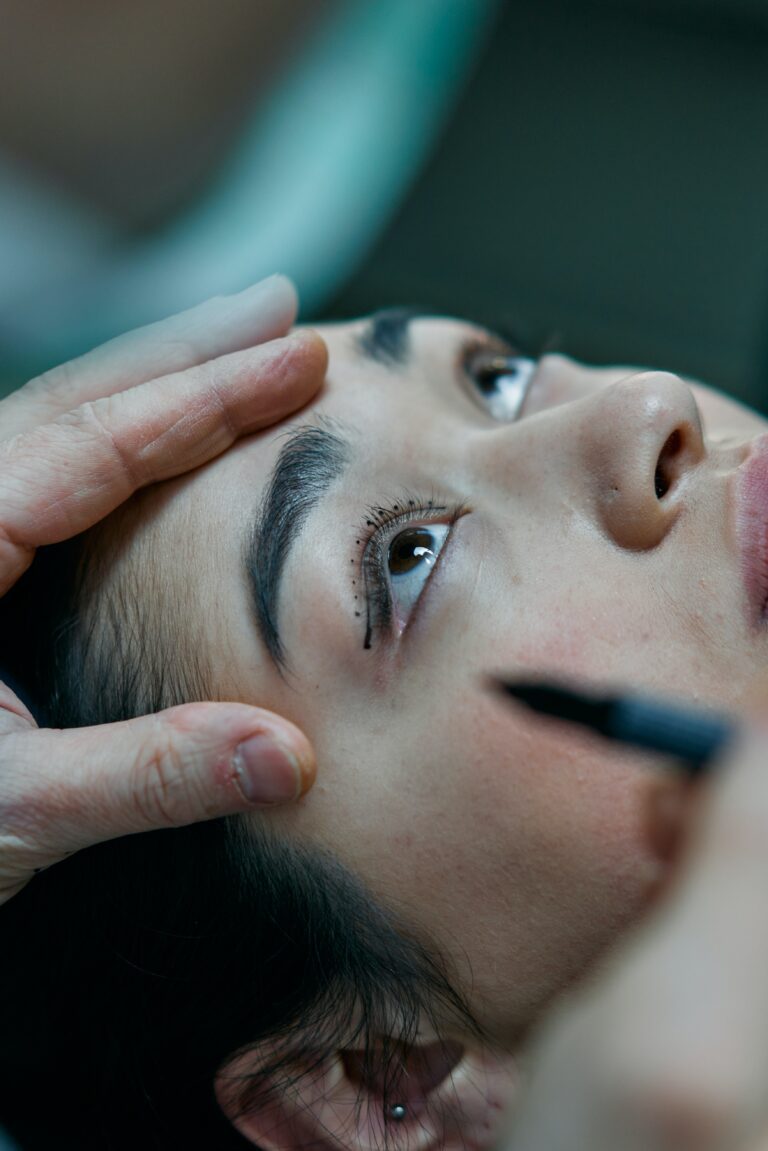“Optimizing Your Recovery: Comprehensive Guide to Post-Ophthalmic Surgery Care”
Hey there! Have you recently undergone ophthalmic surgery and are now wondering how to optimize your recovery? Look no further! In this comprehensive guide, we will delve into the essential aspects of post-surgery care, discussing everything from managing discomfort to ensuring proper healing. Let’s find out in detail in the article below.
POST-OPHTHALMIC SURGERY CARE and Recovery Process
1. Managing Discomfort
After ophthalmic surgery, it is common to experience some discomfort in the operated eye. The level of discomfort and pain can vary depending on the type of surgery and individual tolerance. However, there are several ways to manage this discomfort effectively.
One of the most important steps is to follow the post-operative instructions provided by your surgeon. These instructions may include the use of prescribed eye drops or medications to reduce inflammation and control pain. It is crucial to adhere strictly to the dosage and timing prescribed by your doctor.
Applying ice packs or cold compresses to the eye area can also help alleviate discomfort and reduce swelling. Remember to wrap the ice pack or compress in cloth to prevent direct contact with the skin.
2. Ensuring Proper Healing
Proper healing is essential after ophthalmic surgery to achieve the best possible outcome. Here are some important steps to ensure the healing process goes smoothly:
Protect Your Eye: Your surgeon may recommend wearing a protective eye shield or glasses to safeguard the operated eye. It is crucial to follow these recommendations, especially when sleeping or being in environments where the eye could be exposed to potential harm.
Avoid Rubbing or Touching the Eye: It is important to avoid touching or rubbing the operated eye to prevent the risk of infection. Strictly follow your surgeon’s directives regarding eye care, which may include avoiding activities like swimming, dusty environments, or applying any pressure to the eye.
Attend Follow-up Appointments: Regular follow-up appointments with your surgeon are vital to monitor the progress of your healing. These appointments enable your surgeon to assess your eye’s recovery and address any concerns or complications promptly. Always make sure to attend these appointments diligently.
3. Managing Dryness and Irritation
After surgery, many individuals may experience dryness and irritation in the operated eye. This can be a result of reduced tear production or changes in tear composition. Here are some tips to manage dryness and irritation effectively:
Use Prescribed Eye Drops: Your surgeon may prescribe specific artificial tears or lubricating eye drops to alleviate dryness. These drops can help restore moisture and relieve discomfort. Follow your doctor’s instructions regarding the frequency and duration of using these eye drops.
Avoid Environmental Triggers: Certain environmental factors like dry air, wind, or smoke can aggravate dryness and irritation. Try to avoid exposure to such conditions and use protective eyewear, if necessary.
Blink Regularly: Blinking regularly helps to spread tears evenly across the surface of the eye, preventing dryness. If you spend a significant amount of time focusing on digital devices or reading, take regular breaks and consciously blink more often.
Nutrition and Eye Health
1. Consuming Nutrient-rich Foods
A healthy diet plays a crucial role in maintaining overall eye health and supporting the healing process after ophthalmic surgery. Here are some nutrient-rich foods that can benefit your eyes:
Dark Green Leafy Vegetables: Foods like spinach, kale, and collard greens are rich in lutein and zeaxanthin. These antioxidants help protect the retina from damage and reduce the risk of age-related macular degeneration.
Omega-3 Fatty Acids: Consumption of fatty fish like salmon, tuna, and sardines, or incorporating plant-based sources like flaxseeds and walnuts, provides essential omega-3 fatty acids. These nutrients contribute to good eye health and may help prevent conditions like dry eyes.
Vitamin C and E: Citrus fruits, berries, nuts, and seeds are excellent sources of vitamins C and E. These antioxidants aid in reducing the risk of cataracts and slowing down age-related eye diseases.
2. Hydration and Eye Health
Proper hydration is vital for maintaining adequate tear production and preventing dry eyes. Make sure to drink enough water throughout the day to stay hydrated. Avoid excessive consumption of caffeine and alcohol, as they can contribute to dehydration and worsen ocular dryness.
If you find it challenging to consume an adequate amount of water, try incorporating other hydrating beverages like herbal teas or diluted fruit juices into your daily routine.
Conclusion
Effective post-ophthalmic surgery care is crucial for optimizing your recovery and ensuring the best possible outcome. By managing discomfort, promoting proper healing, addressing dryness and irritation, and adopting a healthy diet, you can support your eye’s recovery and overall eye health. Remember to follow your surgeon’s instructions diligently and attend all follow-up appointments to receive the necessary personalized care and guidance.
Additional Information
1. Following a proper post-operative care regimen is essential for promoting optimal healing and recovery following ophthalmic surgery. It is important to adhere to your surgeon’s instructions and attend all follow-up appointments to ensure the best possible outcome.
2. In addition to managing discomfort, protecting your eye and avoiding activities that may cause harm are crucial steps in the healing process. It is important to follow your surgeon’s recommendations regarding eye care and take precautions to prevent infection and further injury.
3. Dryness and irritation are common after ophthalmic surgery, but they can be managed effectively with the use of prescribed eye drops and by avoiding environmental triggers. Consistently using lubricating eye drops and blinking regularly can help alleviate dryness and keep the eyes moisturized.
4. Nutrition plays a vital role in supporting eye health and healing after surgery. Consuming nutrient-rich foods, such as dark green leafy vegetables, omega-3 fatty acids, and vitamins C and E, can promote overall eye health and reduce the risk of vision-related conditions.
5. Proper hydration is crucial for maintaining tear production and preventing dry eyes. Drinking an adequate amount of water and avoiding excessive consumption of caffeine and alcohol can help maintain optimal eye hydration and prevent ocular dryness.






